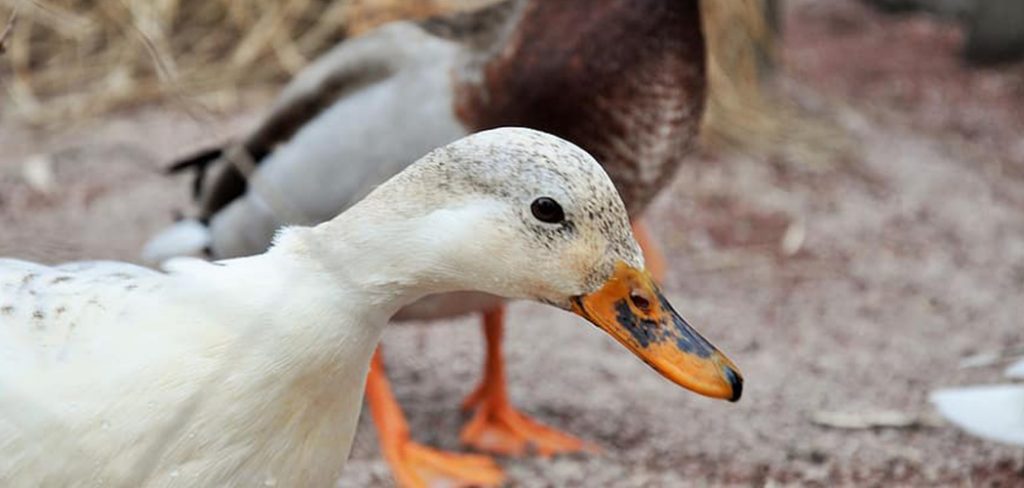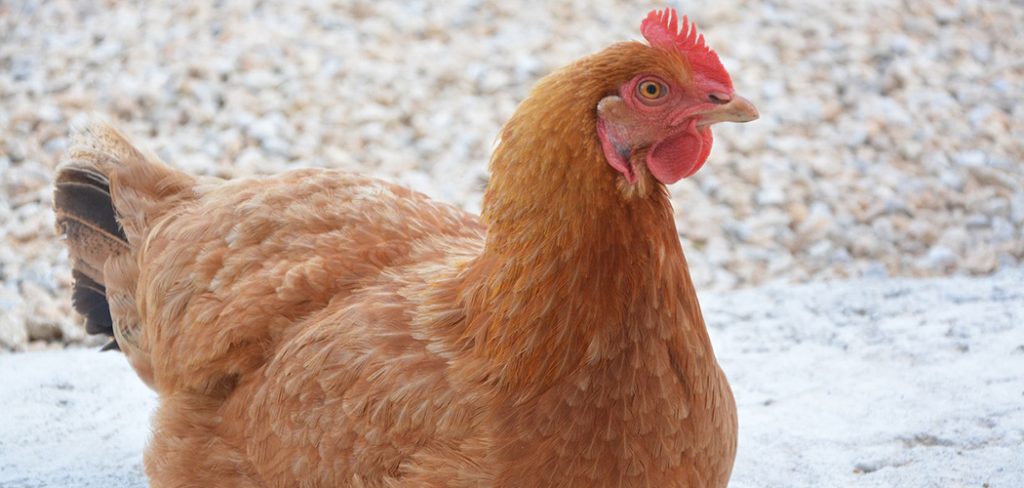Feeding ducks is not as tedious when compared to other poultry birds. Their routine involves a fixed schedule that when regularly followed, the birds will adequately be satisfied with a good diet.
As a poultry farmer, you need to keep in mind that ducks require a balanced diet as well just like other animals do. Also ducks’ consumption is directly proportional to their size therefore the larger the ducks, the more they eat. In addition to this, the amount of food to feed ducks depends on the type of species you are breeding as well as the purpose as to which you are raising them; for meat production or for egg production.
Their food contains huge amounts of proteins. When they consume food that is not of a balanced diet. Then this will hugely affect their health as well as the ability to produce eggs.
The Right Food Quantity for Ducks
Ducks require feeding once in the morning and once in the evening. Providing a balanced diet is essential since the ample nutrients including minerals, vitamins and proteins is needed for their growth. The consumption levels of ducks differ depending on their sizes, eating an average of roughly 170-200 grams. Moreover, the right food quantity for ducks largely depends on the species you are breeding. As well as the reasons you are raising them for; either as pets, for egg production, or for meat production.
The diet of ducks should be rich in proteins if your main goal for raising ducks is for egg production. When our ducks do not get a balanced diet. This will inevitably have an effect on their overall health, as well as the ability to produce eggs.
What is the Recommended Food for Ducks?
When feeding ducks you need to give them formulated duck pellets as well as crushed grains. This is the recommended food for ducks. As it contains all the vital nutrients that are required for maximum growth as well as development.
Foraging is an activity that ducks really enjoy doing, and in your farm. You can find them foraging on mixed corn and vegetables such as cabbages, a variety of grasses, lettuce, and chickweed. When feeding your ducks these food items. You need to so it in the afternoon which lead the ducks to consume less of the feed or pellets and more of these treats as it is their favorite food.
Harmful Food to Ducks
When purchasing feeds for your ducks. You need to look out for those that are high in coccidiostats since these feeds are harmful food to ducks. A good number of poultry feeds contain high amounts of coccidiostats and as a poultry farmer. You might be tempted to feed your ducks these medicated feeds; still, these are the foods to avoid. Caution must be exercised if you are opting to feeding your ducks these feeds that are meant for other birds as this can be harmful to your poultry birds.
When feeding drakes and other ducks that do not lay eggs, you should avoid feeding them oyster shells, which can lead to the development of renal disease.
Feeding Habits of Ducks
Male ducks are more aggressive when it comes to feeding habits than females. Knowledge of feeding habits of ducks in terms of feed consumption should be understood by the farmer as this could affect the females more. Aggressive males cause injuries to females and sometimes they even kill them. As a poultry farmer, you should be able to provide enough space for the males and the females for them to be able to feed separately which will help in reducing competition.
Weather conditions
During the cold weather conditions, you need to increase on the feed amount since the ducks require more energy for the production of eggs and growing. The ducks should be fed on high quality feed regularly so as to increase their growth rate as well as avoiding nutritional deficiencies. Feeders should be used for placing the feed, and they should be heavy and shallow. This helps in minimising waste of the feed and most importantly the ducks can constantly get access to the food. Water should be provided as well as the ducks constantly require quenching their thirst.
If for instance you plan to enclose your birds, you need to provide them with grit. This is because they are not being let out for foraging. Grit should be mixed with the feed once every week, and if your bird population is small, you can minimise feeding costs by feeding your duck on kitchen scraps as well as stale bread. The kitchen scrapes should be boiled first to kill bacteria and should then be mixed with food pellets, they should be fed to the ducks on a regular basis.
Conclusion
Feeding ducks requires regular attention. Their routine involves a fixed schedule that when regularly followed, the birds will be adequately being satisfied with a good diet. As a poultry farmer, you need to keep in mind that ducks require a balanced diet as well just like other animals do. Ducks require feeding once in the morning and once in the evening. Providing a balanced diet is essential since the plentynutrients including minerals, vitamins and proteins is needed for their growth.
When feeding your ducks you need to give them formulated duck pellets as well as crushed grains. When purchasing feeds for your ducks, you to look out for those that are high in coccidiostats since these feeds are harmful for your poultry birds. Male ducks are more aggressive when it comes to feeding than females. Measures must be taken to avoid mismatch in terms of feed consumption as this could affect the females more. Aggressive males cause injuries to females and sometimes they even kill them. Their food contains huge amounts of proteins and when they consume food that is not of a balanced diet, and then this will hugely affect their health as well as the ability to produce eggs.
Check my other post on Duck pond ideas and DIY Duck house.

